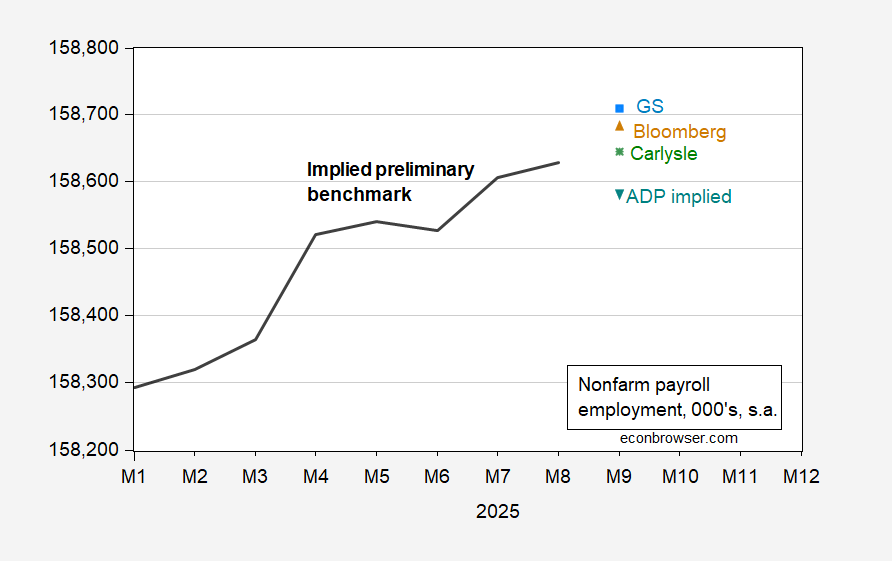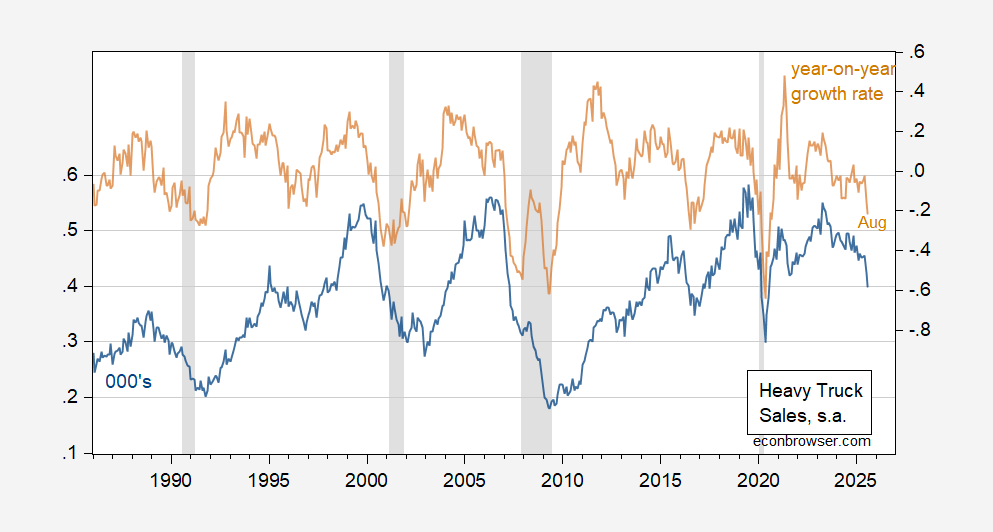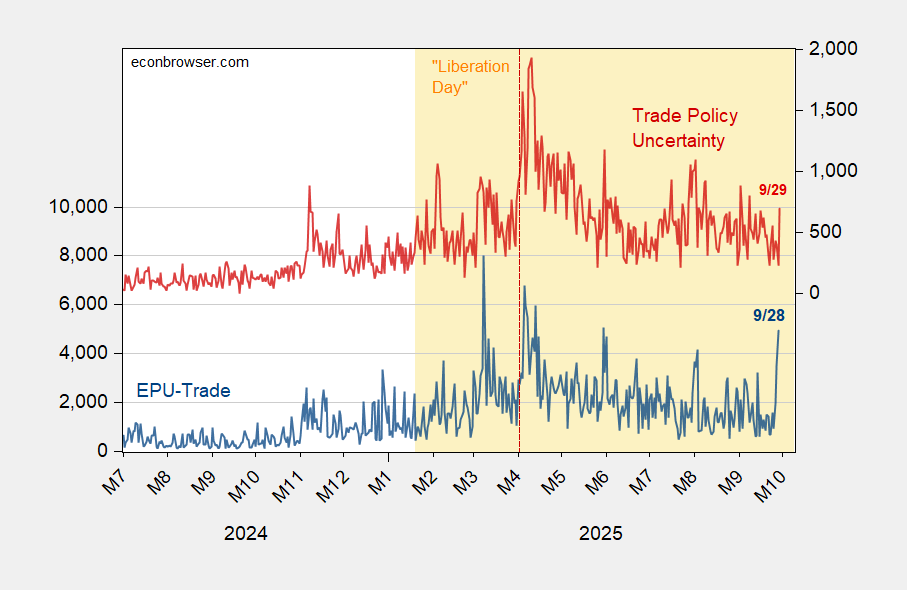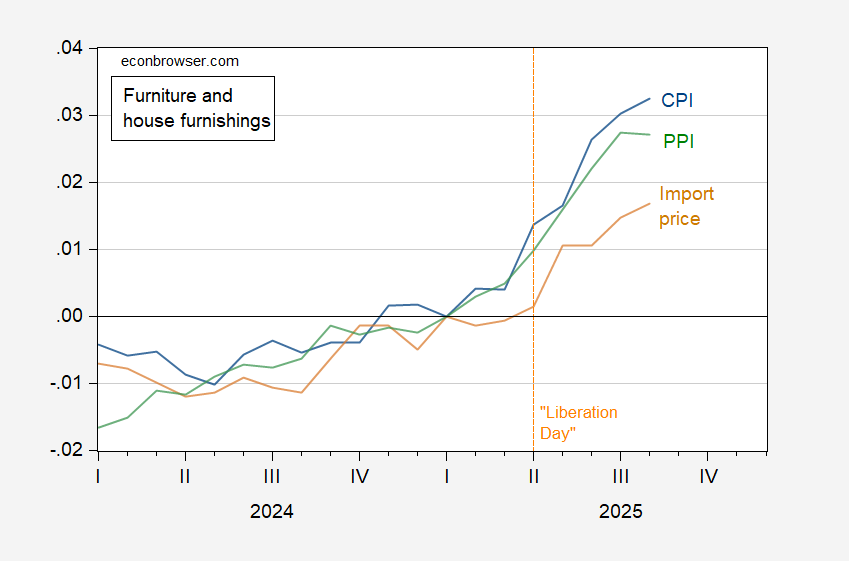
Effective September 30th, a staggering 105,000 federal workers who enrolled in the Deferred Resignation Program are set to be cast into unemployment. The timing of this event coincides with the critical week for employment reporting, which takes place in October, specifically the week including the 12th. Given the current economic climate, characterized by a concerning forecast of private employment growth—recent data shows a loss of 17,000 jobs according to ADP and a deduction of 77,000 jobs in the Bureau of Labor Statistics (BLS) report—this impending drop will undoubtedly render the employment picture far more alarming than the administration might want to admit.
The underlying truth is that the administration could very well prefer to let the October employment release slip under the radar. A significant dip in employment figures, particularly amidst a backdrop of rising inequality and systemic job insecurity, would expose the fragility of the economic recovery narrative they have been promoting. Instead of addressing the root causes of unemployment and underemployment, which have disproportionately affected marginalized communities, the administration may choose to ignore the data that reflects these harsh realities.
This is not just about numbers on a report. It is about people—real individuals whose lives are upended by the policies and decisions made in Washington. Every job lost represents a family struggling to make ends meet, a community that suffers from increased poverty, and a society that is further entrenched in cycles of inequality. The consequences of these job losses are most acutely felt by those who were already living on the razor’s edge of economic survival.
The administration’s potential complacency in the face of such employment losses is emblematic of a larger systemic issue: a troubling disconnect between political leadership and the lived realities of everyday Americans. When federal workers are left to navigate the treacherous waters of unemployment—often without adequate support or meaningful safety nets—it underscores the urgent need for a renewed commitment to social justice and human rights. We must demand accountability from our leaders, insisting that they prioritize policies that protect and uplift the most vulnerable among us.
Furthermore, the possibility of a mild increase in private employment in October, following the dismal figures from September, serves to create a false sense of security. If the administration chooses to divert attention from the more alarming statistics, which reflect a structural crisis in employment, they perpetuate a cycle of denial that ultimately harms those who depend on equitable job opportunities. The figures may appear manageable at first glance, but they mask the deeper issues of wage stagnation, job precarity, and the ongoing struggle for workers’ rights.
In an era where economic disparities are widening, it is crucial that we shine a light on the systemic inequities that contribute to these employment challenges. The government must not only acknowledge these losses but actively work to implement policies that foster equality in the labor market. This includes investing in job training programs, supporting unions, and ensuring that all workers have access to fair wages and benefits.
As we approach the release of the October employment figures, we must remain vigilant. It is our responsibility to hold the administration accountable and demand that they confront the reality of unemployment with transparency and urgency. We cannot allow the fallout from the Deferred Resignation Program to be brushed aside. The lives impacted are too significant, the stakes too high, and the need for justice too urgent. It is time for our leaders to act decisively, not just for the sake of political expediency, but for the sake of all those who strive for a better, more equitable future.
This article highlights the importance of Masking Deeper Issues.


